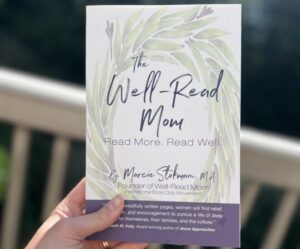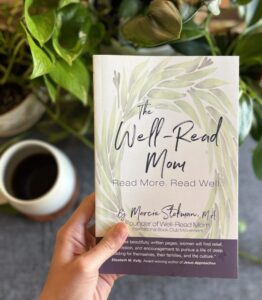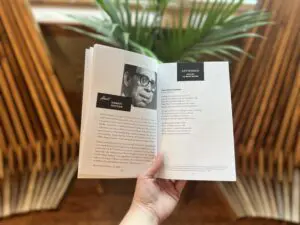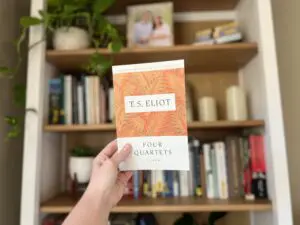The Role of Literature in Formation Written by Colleen Hutt I was delighted to see Pope Francis’s recent “Letter on the Role of Literature in Formation” and I wholeheartedly agree that we need “a radical change of course” in education. As we become more dependent upon technology and artificial intelligence, I am grateful Pope Francis…
I was hardly surprised to find a class on Virgil’s The Aeneid as a core requirement for the degree. Yet, I must admit that I approached the epic with some level of hesitancy. In my mind, it was one thing to study Plato and Aristotle, yet Virgil and Homer? The looming question was always, what could one hope to gain by studying them? Should a Christian even read pagan classics? The answer is obvious when considered in light of their historical and, arguably, eschatological significance.
A Story Reminiscent of Home Written by Susan Severson Over the past several months, I completely immersed myself in the very medieval, very Norwegian world of Sigrid Undset. First, I completely devoured the new translation of Olav Audunssøn (previously titled The Master of Hestviken). I then turned to Kristin Lavransdatter for my fourth time (with…
Femininity in Support of Fatherhood Written by Nicki Johnston Toward the end of the summer, I found myself in a reading slump. And as we all know from Dr. Seuss, “When you’re in a Slump, you’re not in for much fun. Un-slumping yourself is not easily done.” Over the years, I have discovered a reliable…
Fatherhood and the Human Heart Written by Megan Keyser A reflection on a past WRM read, To Kill a Mockingbird, in honor of the Well-Read Mom Year of the Father theme. Fatherhood is crucial to the development of the human heart. The strength and uprightness of fathers, or alternatively, their weakness and vice, is reflected…
I was ecstatic, and I do love Well Read Mom. It’s as closest as I’ve gotten to college since college, and I mean the sit-in-a-room-and-talk-about-soaring-ideas part of college. Last year, we read a 16th century monk and T.S. Eliot. This year we’re doing Virgil and Pinocchio. Each year’s list has books you’ve heard of, new releases, and works you were probably assigned to read at some point but didn’t. The conversation, joy, challenge, and sisterhood this sparks is unmatched. It forces you out of the whirlwind of your day and into thinking about art, beauty, goodness, truth.
Tips for Finding Time to Read Written by Marcie Stokman, Well-Read Mom Founder and President The following blog is adapted from Well-Read Mom Founder Marcie Stokman’s book, The Well-Read Mom: Read More. Read Well. Copyright © 2019 by Marcie Stokman, used with permission. The number one reason women give for not reading is lack of…
I am so very grateful that the Well-Read Mom Year of the Father begins with poetry. I do realize that poetry is not everyone’s jam. And I’m not grateful in the sense that I gain some weird didactic pleasure from others’ discomfort (as my students sometimes posit). I’m grateful because I need all of the help I can get. I need help in paying attention to my life.
To Seek and To Know the Place for the First Time Written by Lucile Foley When we began this Year of the Seeker, I was in the midst of an intense period that felt like the climax to years of searching. What did I seek? Healing. A return of our fertility. In these years of…
Ants in the Honey Cabinet Written by Emily Burns Russell My mom keeps bees. The delight and wonder this sparks in her life has been a joy for our family to share, along with gallons of honey we’ve helped her extract every June since she started this hobby. In our corner kitchen cabinet, we keep…










